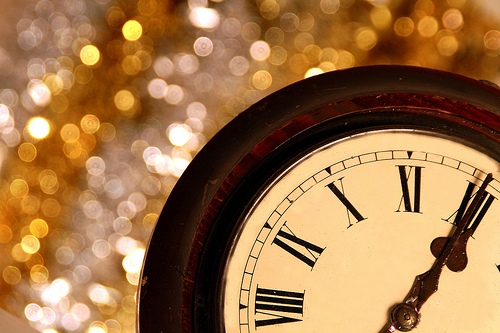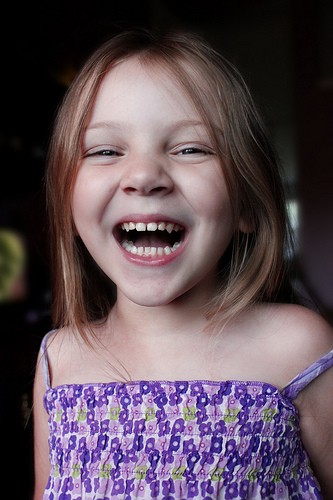Kids and Teeth Grinding
January 6th, 2021

Grind, grind, grind… if your little one happens to be a teeth grinder, you may be familiar with this unpleasant sound. Teeth grinding, or what Dr. Brad Skelton and Dr. Richard Kennedy and our team at Fairfield Pediatric Dentistry also call bruxism, is common in children. In fact, three out of ten kids grind or clench their teeth, usually in response to stress, jaw growth, malocclusion, losing teeth, or other discomforts, such as allergies. Kids typically outgrow teeth grinding by the time they reach their teenage years.
Many kids who grind their teeth in their sleep have no idea they’re doing it. In fact, when they wake up in the morning they feel no jaw, facial, neck, or shoulder pain. In most cases, if it hadn’t been for a parent or sibling telling them about it, the teeth grinding would have gone unnoticed.
There are children, however, who wake up with jaw pain, shoulder pain, neck pain, and headaches. Teeth grinding can cause a host of dental complications, from cracked teeth and receding gums to a misaligned jaw. Dr. Brad Skelton and Dr. Richard Kennedy will tell you that teeth grinding is not something to take lightly. Teeth grinding can have serious consequences that, if left untreated, can lead to tooth fractures and damage to the temporomandibular joint, also known as TMJ.
The first step in helping your child recover from teeth grinding is noticing and diagnosing the problem. Symptoms of teeth grinding typically include:
- Grinding noises when your child is sleeping
- Complaints of tightness or pain in the jaw
- Complaints of headaches, earaches, or facial pain
- Complaints of pain when chewing
- Tooth sensitivity
- Chipped, worn down, or loose teeth
If you suspect your child is a teeth grinder, Dr. Brad Skelton and Dr. Richard Kennedy and our team will be able to help. Please give us a call at our convenient Fairfield or Oxford office! We look forward to treating your child!














 Website Powered by Sesame 24-7™
Website Powered by Sesame 24-7™